Indian Prime Minister Narendra Modi’s recent visit to Argentina carries historic significance and marks a pivotal moment in the bilateral relationship between the two nations.
For the first time in 57 years, an Indian head of government has undertaken a bilateral visit to Argentina. While Indian prime minister’s, including Modi himself, have previously traveled to Argentina most notably during the G-20 Summit in 2018, this is the first formal bilateral visit since Indira Gandhi came to Argentina in 1968, nearly six decades ago.
Modi’s meeting with President Javier Milei occurs at a unique juncture in global affairs, as India emerges as a major power on the world stage. With a population of 1.45 billion, India has recently surpassed the People’s Republic of China to become the most populous country in the world. Its expanding influence is both a reflection of its demographic strength and the result of sustained economic development.
India’s remarkable economic trajectory has propelled it to the position of the world’s fifth-largest economy, with credible aspirations of becoming the third-largest by the end of this decade. This growth is not just a matter of statistics: it reflects a broader transformation with in Indian society. Hundreds of millions have ascended into the middle class, creating one of the largest and most dynamic consumer markets on the planet. While challenges persist and many citizens still face economic hardship, the overall improvement in the standard of living is undeniable.
This transformation has not occurred by chance. It is the product of deliberate and systematic economic liberalisation that began in 1991. India’s pivot toward a market-based economy, away from the rigid state-controlled model of the past, laid the groundwork for this impressive growth. Under Prime Minister Modi’s leadership since 2014, these economic reforms have not only continued but deepened. The shift has been away from what was once described as a transition from the “British Raj” to a “License Raj”-a system mired in excessive regulation that stifled innovation and entrepreneurship. Today, India’s policy direction fosters private enterprise, supports innovation, and actively seeks global partnerships to advance its development goals.
It is within this positive context that the bilateral relationship between India and Argentina is gaining strategic momentum.
India is now one of Argentina’s top six trading partners, with bilateral trade standing at approximately USD 5 billion. Argentina is a major supplier of soybean oil to India, the largest, in fact, and the third-largest source of sunflower oil. These figures underscore the growing interdependence between our economies and the complementarity of our respective strengths.
Equally important is the expanding footprint of Indian investment in Argentina, particularly in the mining sector. Indian companies have shown keen interest in lithium exploration, especially in the province of Catamarca. They are also venturing into copper and gold exploration. Governor RaúlJalil’s recent visit to India, aimed at strengthening these relationships, reflects the shared intent to further build upon this foundation.
These investments are crucial for India as it seeks to develop a robust and sustainable electric vehicle (EV) ecosystem. A secure and diversified supply of critical minerals such as lithium is essential for India’s EV and renewable energy ambitions, and Argentina stands out as a vital partner in this regard.
In the energy sector, relations are also expanding rapidly. YPF Chairman HoracioMarín has led two high-level delegations to New Delhi, culminating in the signing of a Memorandum of Understanding with leading Indian energy firms. This agreement is an important step toward positioning Argentina as a future energy supplier to meet India’s immense and growing demand. Politically, Argentina remains deeply grateful for India’s longstanding support on the Malvinas Question at
The United Nations, particularly at the Decolonisation Committee. India, with its own rich historical experience of decolonisation, lends moral weight and a principled voice to the matter, one that resonates globally. Defense cooperation has also seen steady progress. The armed forces of both nations engage in mutual exchanges, joint training opportunities, and knowledge-sharing.
Special emphasis has been placed on the training of mountain troops and participation in university-level defense studies, laying the groundwork for greater interoperability and strategic understanding.
Nuclear collaboration is another emerging area of mutual interest. Both countries are working toward finalizing a memorandum of understanding between their respective nuclear regulatory bodies. This agreement could pave the way for deeper cooperation in the peaceful uses of nuclear energy, with promising prospects in technology transfer, safety standards, and research collaboration. A firm and unequivocal stance against terrorism unites India and Argentina. Both nations have experienced the devastating impact of transnational terrorism and recognize the importance of international cooperation in countering it. Following the horrific terrorist attack in Pahalgam, Kashmir, in which nearly 30 lives were lost, Argentina was among the first nations to express solidarity and condemnation. This gesture reaffirms the shared commitment of both governments to global peace and security, a cornerstone of President Milei’s foreign policy doctrine.
The breadth and depth of India-Argentina cooperation extend far beyond what a single article can encompass. From trade and energy to defense and diplomacy, the relationship has evolved into a truly multifaceted partnership.
Prime Minister Modi’s historic visit to Argentina is more than a symbolic gesture; it represents a renewed and pragmatic push toward deeper engagement. This trip may well be remembered as a turning point-a fresh beginning that consolidates mutual trust and opens new avenues of cooperation.
As two democracies with shared values, a strong belief in multilateralism, and a high degree of objective economic and strategic complementarity, India and Argentina are poised to usher in a new era of partnership. With a history of diplomatic ties dating back nearly eight decades, the groundwork has long been in place. Now, with new momentum and visionary leadership on both sides, the potential for collaboration is boundless.
This bilateral visit reminds us that while geography may separate our nations, shared aspirations and mutual respect bring us closer together. The relationship between India and Argentina is not only historical-it is also forward-looking, ambitious, and full of promise.








 OpinionExpress.In
OpinionExpress.In
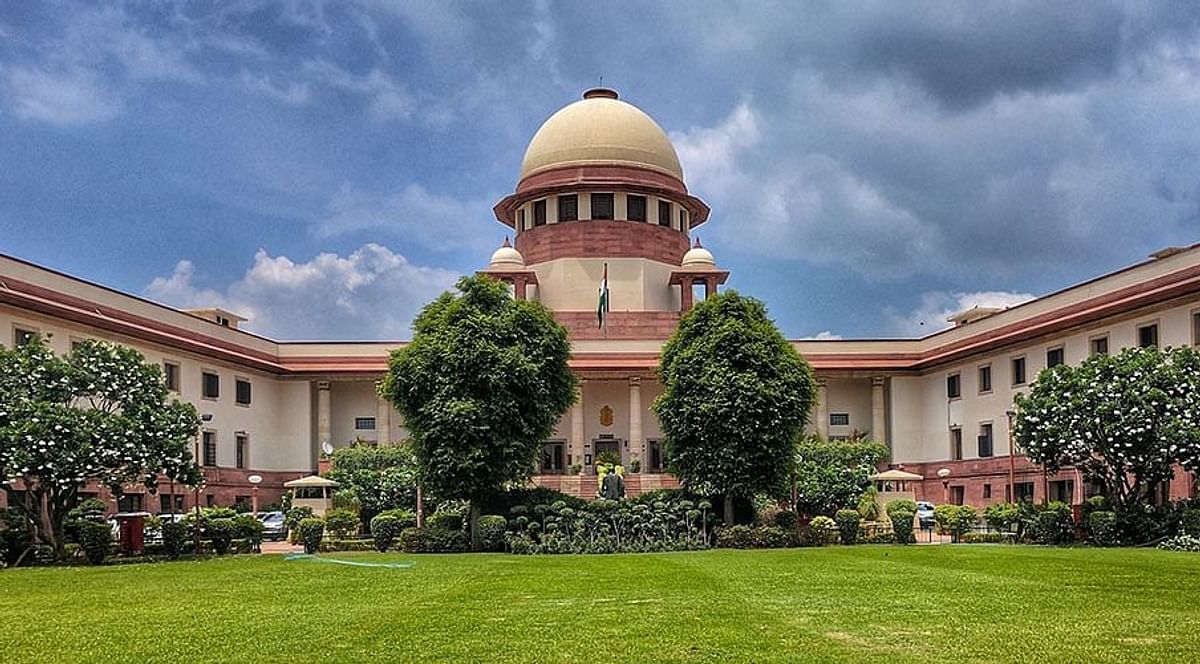
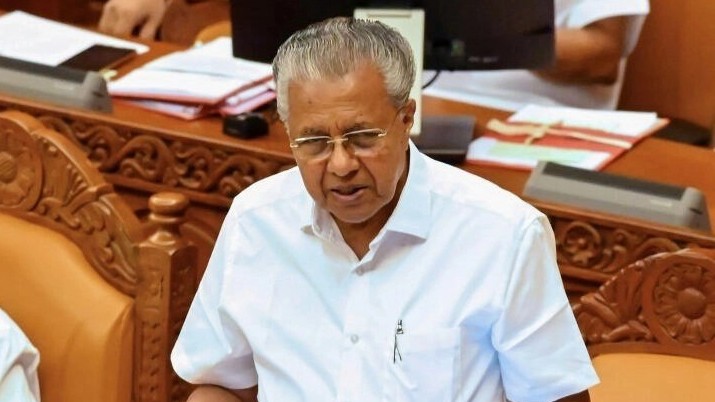
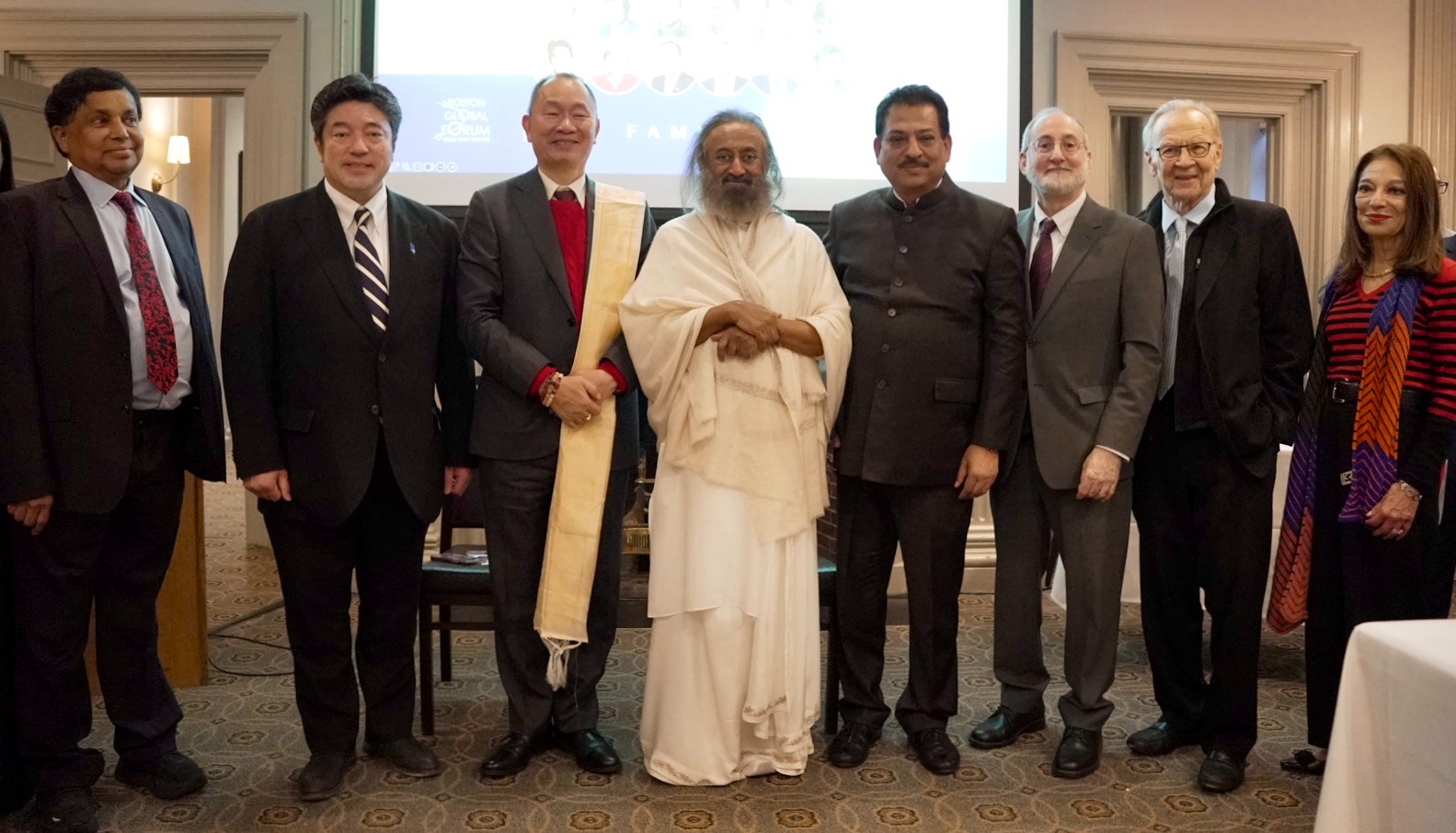
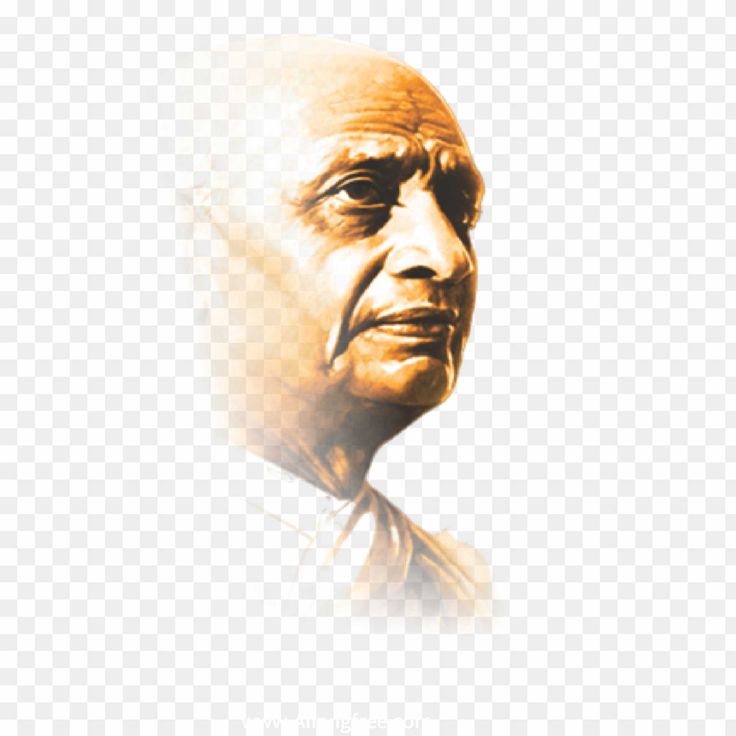
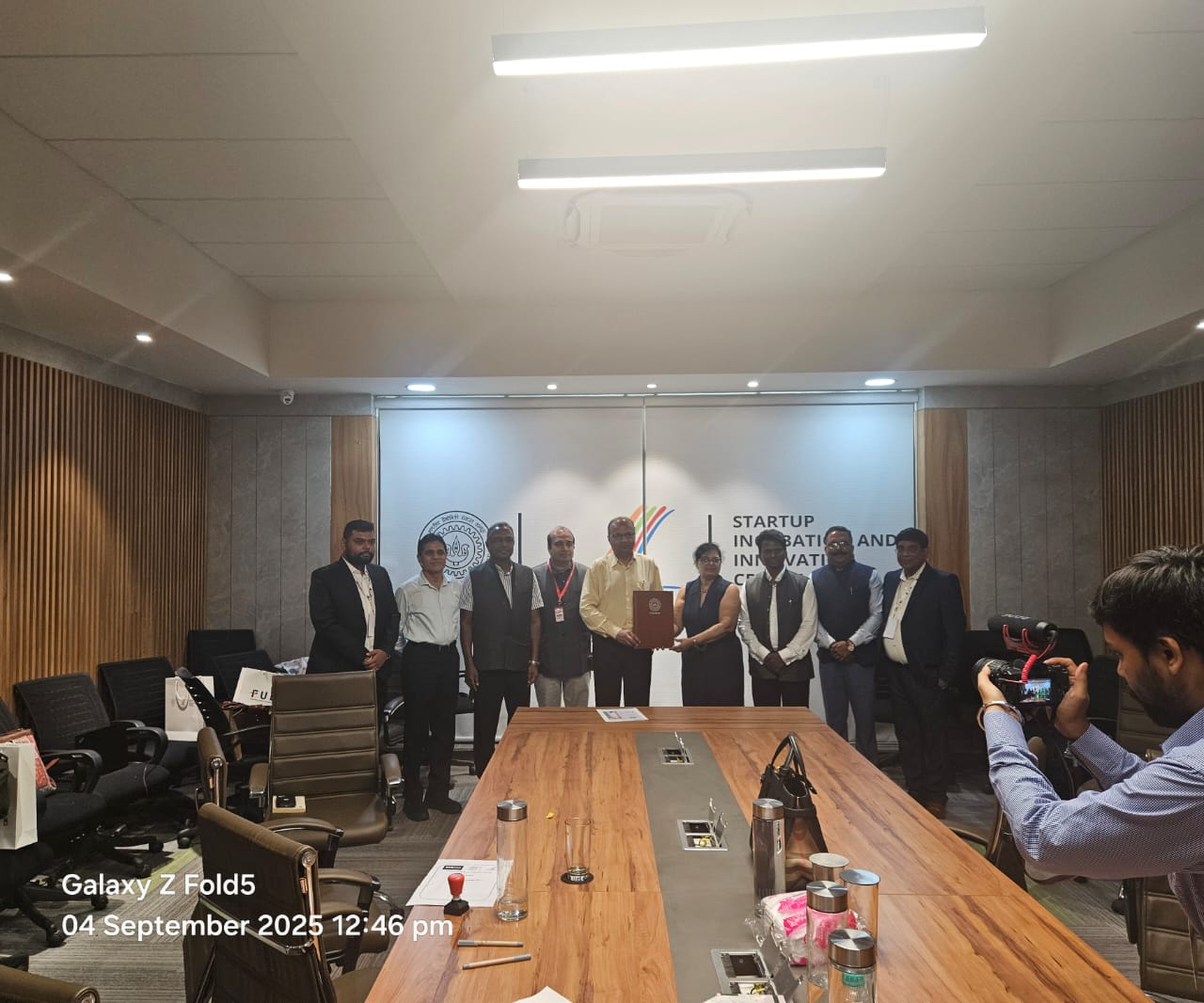
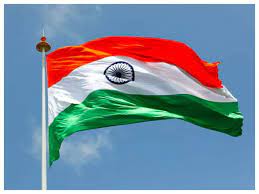









Comments (0)